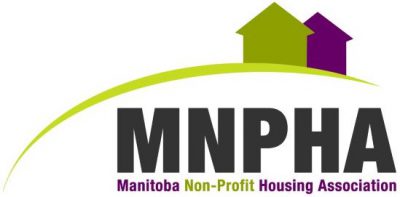Manitoba Housing is creating a renewed 3-Year Action Plan, as required under the agreement of the National Housing Strategy.
A public survey is currently open, requesting feedback on:
- Housing priorities
- Populations in greatest need
- Housing options that are missing in your community
- Ideas, suggestions or solutions to address housing issues in your community
If you are looking for data and research on housing need in your community (including rental market needs and populations in housing need), you can reference the Canadian Rental Housing Index or the Manitoba Collaborative Data Portal
These show that across Manitoba:
- Indigenous households and recent newcomers to Canada (10 years or less) are slightly more likely to be living in unaffordable housing, and much more likely to be living in overcrowded conditions
- Seniors are much more likely to be spending more than 30% of their income on rent and utilities, but less likely be spending 50% or more, showing that their affordability challenges exist but are less prominent than youth, aged 15-29 (of whom 22% are spending more than 50% of their incomes)
- Northern Manitoba has the highest rates of core housing need in the province, and much of the Interlake region has higher than average rates of housing need
Additional research by CMHC has demonstrated that one-bedroom rental housing is least affordable to low income people in Winnipeg.
MNPHA’s suggestions for addressing housing issues in Manitoba include:
- Increasing the supply of deeply affordable housing through stackable grants, financing, and tax rebates to non-profit housing development
- Work collaboratively with the non-profit housing sector to maintain affordability (that is, RGI housing) post-operating agreement. This will require capital repair and renewal funding, and rent subsidies to keep the units affordable to low income tenants
- Provide consistent and stable funding for supports within housing. The two-year funding to MNPHA is an opportunity to demonstrate the impact of these supports on housing stability for those exiting or at-risk of homelessness, and continuing this funding will be critical for long-term outcomes
- Community delivery of social housing: MNPHA has developed a three-pronged strategy for the transformation of social housing: transferring Manitoba Housing Assets into regional Community Housing Corporations; professionalizing the community housing sector through a transformation team so community housing operators can manage day-to-day operations; and developing sector-wide services to take advantage of economies of scale across the province
The current Manitoba Housing Action Plan is available here: https://www.manitoba.ca/housing/three-yr-plan-2020.html. The survey is open now until July 28, here: https://engagemb.ca/mb-housing

Recent Comments